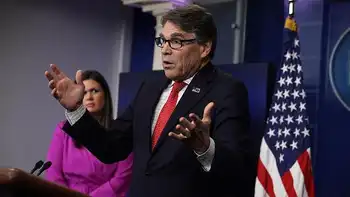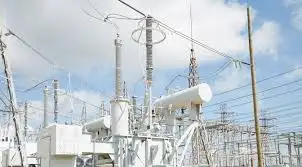Nuclear station most efficient in country
YORK, SOUTH CAROLINA - For the 10th consecutive year, Catawba Nuclear station has been named the most thermally efficient nuclear power plant in the United States, according to data recently published by the Electric Power Research Institute.
In 2005, unit two had the country's lowest heat rate and unit one was second. Heat rate is the amount of heat needed from the reactor to produce one kilowatt-hour of electricity. The lower the heat rate, the more efficient the plant.
Efficient nuclear operations are beneficial to customers and help to keep electric rates stable, Catawba Nuclear Station officials reported.
Electric rates for Duke Energy's customers in the Carolinas are approximately 20 percent below the national average.
"Much of the credit for this accomplishment is due to the great design of our plant systems, effective operations and the diligent monitoring and preventative maintenance performed by our skilled and knowledgeable work force," said Dhiaa Jamil, Catawba's site vice president. "Our commitment to provide safe and reliable electricity drives us to continuously look for ways to improve the efficiency of the plant."
Catawba Nuclear Station is a two-unit power plant located on Lake Wylie in York County. The station is operated by Duke Energy and is jointly owned by Duke and the North Carolina Municipal Power Agency No. 1, North Carolina Electric Membership Corporation, Piedmont Municipal Power Agency and Saluda River Electric Cooperative.
A diverse fuel mix of nuclear, coal-fired, hydroelectric and combustion-turbine generation provides approximately 28,000 megawatts of total company generating capacity.
Related News

Hydro One deal to buy Avista receives U.S. antitrust clearance
TORONTO - Hydro One Ltd. says it has received antitrust clearance in the United States for its deal to acquire U.S. energy company Avista Corp.
The Ontario-based utility says the 30-day waiting period under the Hart-Scott-Rodino Antitrust Improvements Act expired Thursday night.
Hydro One announced the friendly deal to acquire Avista last summer in an agreement that valued the company at $6.7 billion.
The deal still requires several other approvals, including those from utility commissions in Washington, Idaho, Oregon, Montana and Alaska.
#google#
The U.S. Federal Communications Commission must also sign off on the transaction and clearance is required by the Committee on Foreign Investment…




